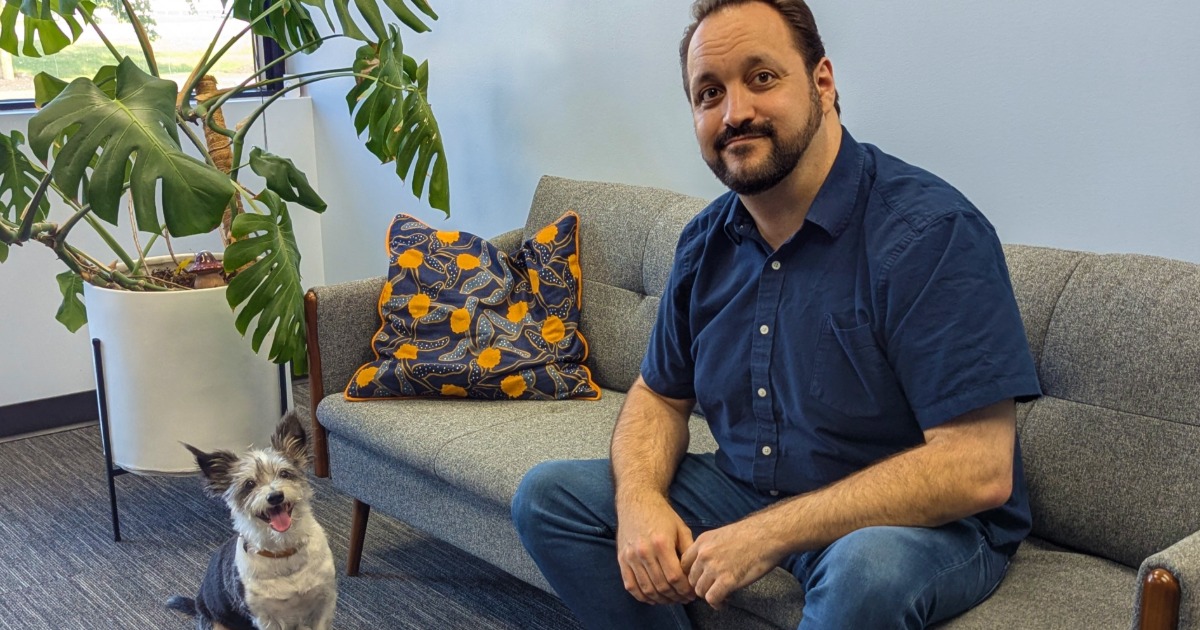The Seventh Annual National Health IT Week, held September 10-14, celebrated the need for health information technology in making comprehensive healthcare reform possible, and was a testament to the progress being made.
If renowned nurse, "The Lady with the Lamp," Florence Nightingale were alive today, she would most likely be amazed and pleased. Nightingale (1820-1910) meticulously collected data on healthcare and used it to improve outcomes. She was the founder of several data analysis tools still used today, according to American Nurses Association.
To some today - and perhaps to Nightingale - healthcare IT adoption may be going too slow, but there is achievement worth noting. The Centers for Medicare & Medicaid Services recently reported it has paid nearly $7 billion in Medicare and Medicaid electronic health record payments since the program's beginning in 2011, with $6.9 billion paid out to 143,800 physicians and hospitals in total program estimates through the end of August.
In July, the totals were $6.6 billion since the program's start, paid to 132,511 eligible providers.
Of course, it's not all roses. Most hospitals and health systems report being well along in completing electronic health record implementation, but many still have doubts about their ability to meet new EHR standards, according to a new poll from KPMG.
Forty-eight percent of hospital and health system business leaders who participated in the survey said they were confident in their organization's level of readiness to meet Stage 1 meaningful use requirements, say KPMG officials. Thirty-nine percent said they were somewhat confident, 3 percent said they were not confident at all, and 10 percent didn't know what their level of readiness was.
With the impending election and fears that the Affordable Care Act may be dismantled should Republicans take power, some are also afraid the frenzy to cut federal spending could blossom into cutbacks on health IT incentives into the future. But for now, HIT incentives are safe through the HITECH Act.
One thing is certain. With or without incentives, healthcare IT will move forward, if simply to catch up with a rapidly advancing tech society, accustomed to new smart phones and computers with new bells and whistles on an ongoing basis.
It may be only the seventh year - a small step - for National Health IT Week, but it is part of a big leap for healthcare consumers.


